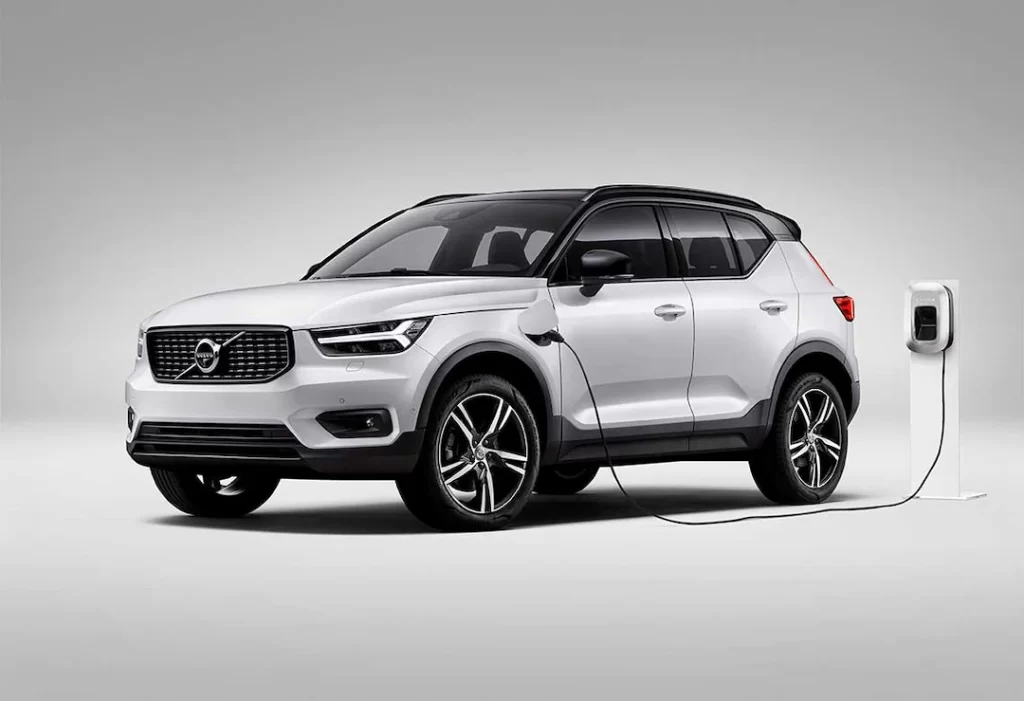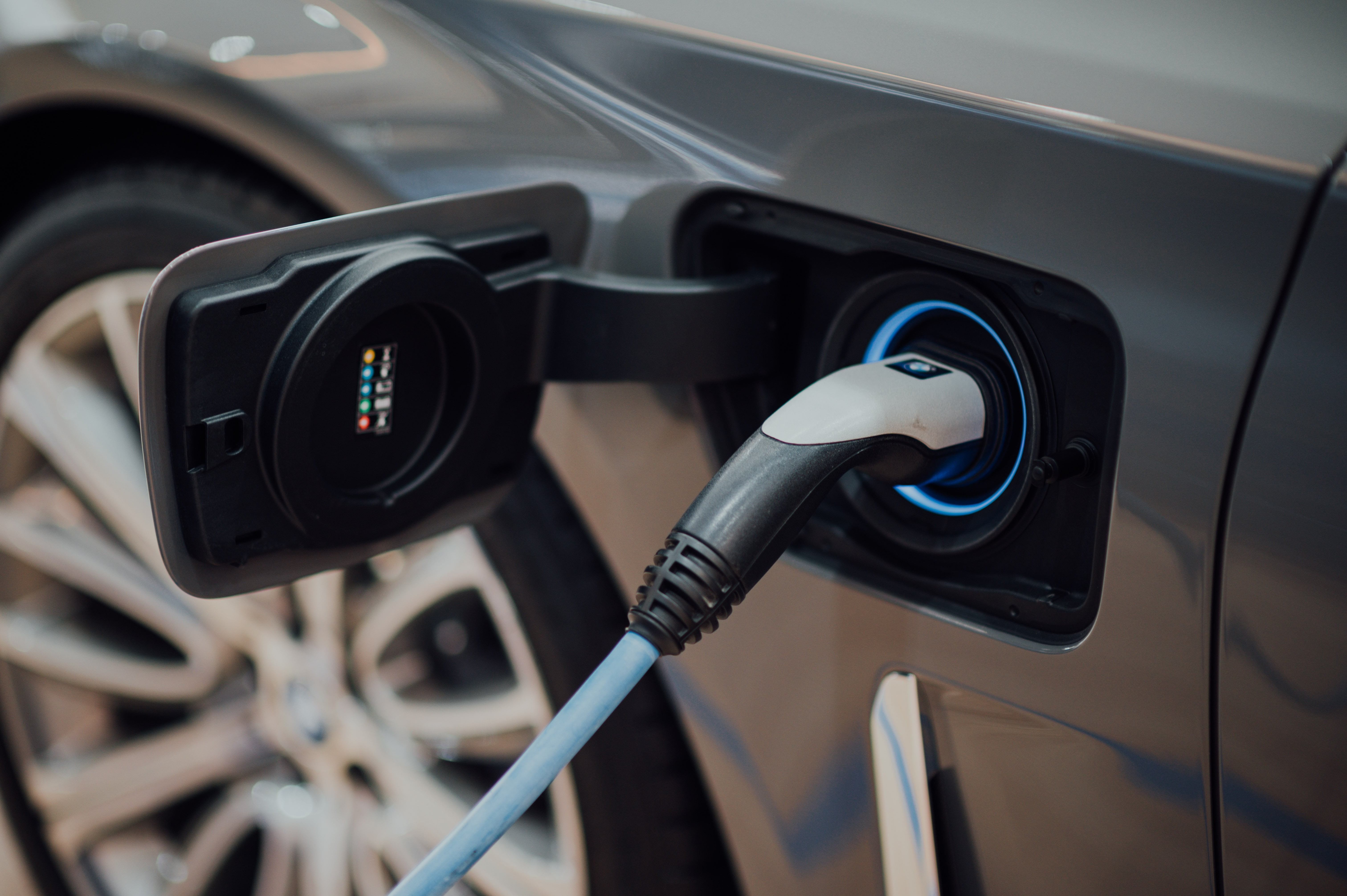Electric mobility has taken up space in Brazilians’ routines. Second study from McKinsey consultancy, in 2040, Brazil should have 11 million cars powered by electric batteries. The volume will represent 55% of new vehicle sales, 20% of the entire installed base and annual revenue of US$ 65 billion.
The study also carried out a survey with more than three thousand people which revealed that Brazilians are more sensitive than other nationalities to sustainable issues and electric mobility. However, the price and lack of predictability in recharging the battery while traveling are bigger barriers compared to consumers in other countries.
What is the challenge of electric mobility in Brazil?
High prices and few places to recharge the battery are the biggest barriers to the adoption of electric vehicles in the country.

ICE – Combustion Engine
HEV – Hybrid Electric Vehicle
MHEV – Partial Hybrid Vehicle
PHEV – Pluggable Hybrid Vehicle
“We are currently following, with great satisfaction, the increase in the participation of trams on the streets of Brazil. This growth leads to an improvement in the entire electrification ecosystem, including the creation of charging stations and residential charging systems, for example”, says Ricardo Guggisberg, president of the Brazilian Institute of Sustainable Mobility and MES Eventos, which carries out the C-MOVE, on March 7th and 8th, in Brasília.

The event has been taking place since 2018 and brings together technicians from different areas, regulatory experts, the entire industrial chain related to electrification and renewable energy, research and development entities and public authorities.
In 2023, in addition to Brasília, C-MOVE will have editions in Balneário Camboriú (SC), on April 13th and 14th, and in São Paulo (SP), simultaneously with VE Latino-Americano, on October 5th and 6th .
This Wednesday, March 8th, Electric Mobility Day takes place. Starting at 3pm, a motorcade of electric cars travels through Brasília, ending at Shopping Mercado Mané Vírgula (which is part of the Mané Garrincha stadium complex).
CHALLENGES AND MARKET POTENTIAL
For Guggisberg, one of the main challenges for the growth of electric mobility in the country is the creation of a network of charging stations in cities and highways that increases the autonomy of electric vehicles. In other words, what would make its acquisition and use more advantageous.
Another challenge is battery life. “This can affect fleet availability, generating the need for operational adaptations in companies in relation to line management and vehicle maintenance”, points out Valmir Colodrão, CEO of Praxio, a Brazilian technology company for road transport management.

In the case of Praxio, there is a debate about how to combine electric mobility with mass transport. “We understand that electric mobility is an extremely important topic for the bus transport sector whose discussions go beyond the operation itself, reaching the ecological and economic sphere, especially when we talk about ESG, which proposes sustainable development and gains for all” , says Colodrão.
BY 2040, BRAZIL SHOULD HAVE 11 MILLION CARS POWERED BY ELECTRICITY.
Brazil's potential is in the sights of companies. In this way, Volvo has made its 100% fleet electrified since 2020, already thinking about this new future. The main challenge, according to Volvo Cars LatAm's finance director, Marcelo Godoy, is still infrastructure.
“Despite becoming popular, this technology is still in the hands of a small portion of the population and, therefore, does not yet have the necessary prominence. Volvo has invested in electrification infrastructure to ensure electric vehicle owners are safe to opt-in and run in 100% electric mode,” he says.

Adding up all rechargeable vehicles sold in Brazil, Volvo has 35% on the market and was at the top of sales in 2022. Totaling 5.2 thousand hybrid cars sold. In other words, there are already more than a thousand AC (slow charging) and 7 DC (fast charging) charging stations installed across the country.
Therefore, the company has plans to expand fast chargers, which enable long-term trips with 100% electric cars. In addition, in this first phase of installing stations, more than R$ 10 million will be invested.
By Rafael Teixeira Farias @ fastcompany
My talent is helping entrepreneurs create their brands It is websites professionals, to have their own lives and become increasingly stronger in the market. Creatively conceptualizing in an authentic way. Building new spaces in digital and physical channels. And executing strategic actions to marketing with IF THE to achieve results.